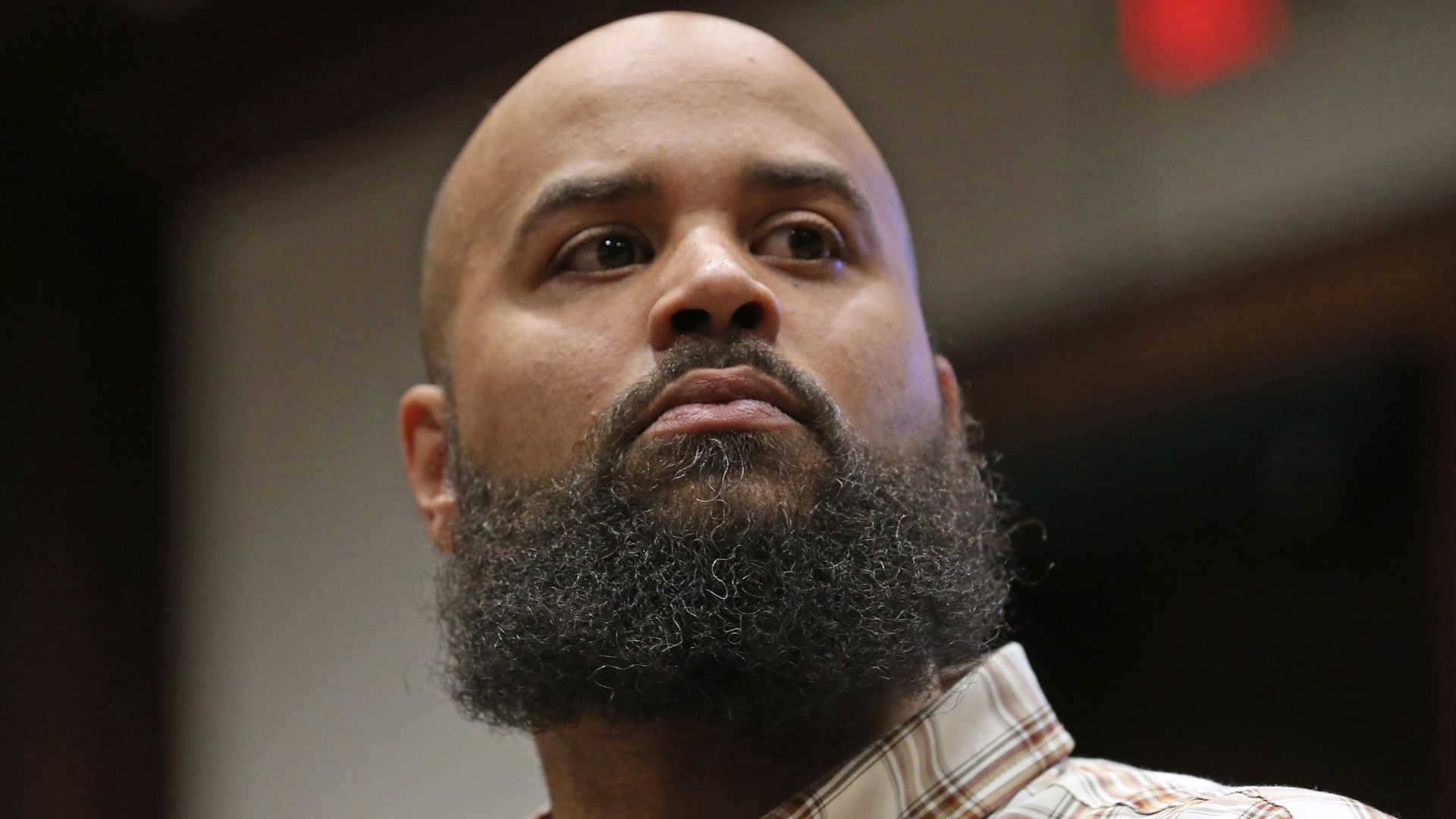Tito Jackson imagines a Boston where locals have a neighborhood hangout, a place where — as trite as it sounds — „everyone knows your name” like the iconic Boston-based sitcom „Cheers.” Except the customers order cannabis products, not beers.
Why it matters: Jackson, a city councilor-turned-cannabis executive, is far from alone in envisioning such a place. The cannabis consumption industry has flourished in California and Colorado — and a new law could allow Massachusetts to follow suit.
- But the state’s morass of regulatory hurdles — only partially corrected by the law signed in August — has left would-be cannabis cafe owners hanging while they rack up six-figure bills for rent, legal counsel, license application fees and other expenses.
„You have a substance in cannabis that is now legal to purchase but really has no place for people to smoke it,” says Jackson, who shelved his plans to launch a cannabis lounge and instead moved forward with a proposed two-story bar and lounge above his cannabis shop.
- Meanwhile, public cannabis consumption carries a fine of $100.
Context: In 2019, state regulators approved a „social consumption” pilot program that would let cannabis cafes open in up to 12 municipalities, but the program couldn’t move forward unless legislators passed a law to let municipalities opt in and allow the cafes.
- Two years later, that new law is in place. But commissioners haven’t decided how to implement it.
Details: Applicants meanwhile have spent years throwing money at state licensing fees, commercial leases and other expenses while they wait for the green light from state regulators. The fees alone are $1,500 for the application and another $10,000 annually, though certain applicants can get some fees waived or reduced.
Of note: The new law comes six years after voters approved legalizing cannabis sales and social consumption, the industry term for cannabis lounges and cafes.
The law lets commissioners expedite reviews of economic empowerment (EE) and social equity program (SEP) applicants, two license types to support applicants who were directly or indirectly hurt by the war on drugs.
- Plus: State regulations call for giving SEP and EE applicants exclusive access to social consumption licenses for three years before opening it up to everyone.
By the numbers: Seventeen applicants have gotten economic empowerment licenses for social consumption. So have 22 participants in the social equity program, Nurys Camargo, a member of the Massachusetts Cannabis Control Commission, told GBH’s „Morning Edition.”
- There are also 122 economic empowerment applications pending, per Camargo.
Yes, but: It can take years for applicants to get approved and open their doors, making the process cost-prohibitive for SEP and EE license holders who tend to have less funding than the predominantly wealthier, white-led cannabis companies.
- „The longer things take, the more expensive they are, and the more difficult it is for social equity candidates to succeed,” says Jackson, the former city councilor.
- In the past five years, regulators have let 22 SEP participants and 15 EE licensees open shop, just 8% of the total authorized 434 adult-use license holders, though regulators say the number is increasing.
Jackson still hopes that one day his downtown lounge can pivot from alcohol to cannabis, but he said it depends on whether the profits can outweigh the costly waiting game for a license and other expenses.
How one entrepreneur did it

Three years before voters legalized adult-use cannabis, Sieh Samura was hosting veterans, college students and other cannabis users in a lounge the size of a barber shop in Waltham.
- Like him, most were medical cannabis patients who had seen doctors, though not all of them had medical cards.
The intrigue: Samura, a Mattapan resident, told Axios the club enabled him to build a community with his customers. He even sat down with relatives of veterans and college students who didn’t want their loved ones consuming cannabis.
- „I educated a lot of families,” Samura said. „I’d have to explain to a lot of family members, actually, remove the stigma.”
Fast-forward nearly a decade, Massachusetts has passed a law designed to let cannabis cafes and clubs like Samura’s open.
Samura hopes to return to the social consumption market, but several questions remain unanswered, including how cannabis cafes are supposed to limit how much they sell to medical patients.
The bottom line: „There’s so many things that have to be figured out,” Samura said. „The faster we move towards that and someone starts building the model, the more we’ll know about what social consumption can be in Massachusetts.”